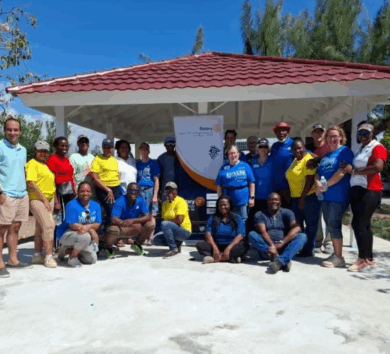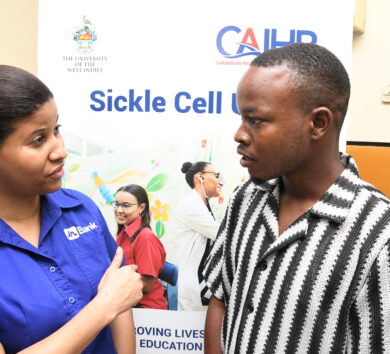

March is Endometriosis Awareness Month, drawing attention to a condition affecting millions of women worldwide yet still being widely misunderstood. Characterised by the growth of endometrial-like tissue outside the uterus, endometriosis can cause chronic pain, fertility complications, and a diminished quality of life.
Despite its prevalence, many individuals face delayed diagnoses, often enduring years of symptoms before receiving proper medical attention.
One of the greatest challenges with endometriosis is the normalisation of severe menstrual pain. Many who suffer are told their discomfort is a routine part of the menstrual cycle, leading to a lack of urgency in seeking medical advice. However, endometriosis is far more than just painful periods. Symptoms may include pelvic pain, excessive bleeding, digestive issues, fatigue, and even pain during intercourse. In severe cases, the condition can lead to organ damage as adhesions form between the pelvic structures.

The delay in diagnosis—often spanning six to ten years according to researchers—is largely due to misconceptions and inadequate research into women’s health. Standard diagnostic methods, such as imaging tests, frequently fail to detect the condition, with laparoscopy remaining the most reliable means of confirmation. Treatment options vary, ranging from hormonal therapies to surgical intervention, yet there is no definitive cure.
“I went undiagnosed till I was twenty-six years old, I am now thirty-five,” said Shawna, a Jamaican now living in the United States. “I’ve done all the recommended surgeries, but there isn’t an ‘end all, be all’ fix for this. I also get cysts every month, so now I have to live on hormonal birth control to stop my cycles to prevent them from coming. The pain would be too much to handle, so I won’t chance coming off the pills, so I still haven’t tried having kids. I am deeply afraid of the excruciating pain.”
Shawna also noted that her mother thought she had a heavy, painful period and that this was just a normal reality some women faced.

Stories of individuals battling the condition without adequate help highlight the urgent need for a shift in perception. Endometriosis is not just a reproductive health issue; it is a systemic condition that impacts physical, emotional, and economic well-being.
This Endometriosis Awareness Month, the focus remains on education and early intervention. Recognising the symptoms and pushing for timely medical evaluation can make a massive difference in the lives of those affected.







Comments